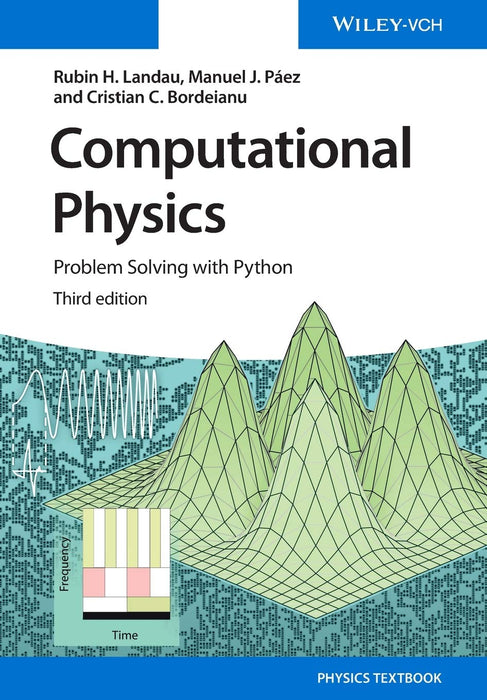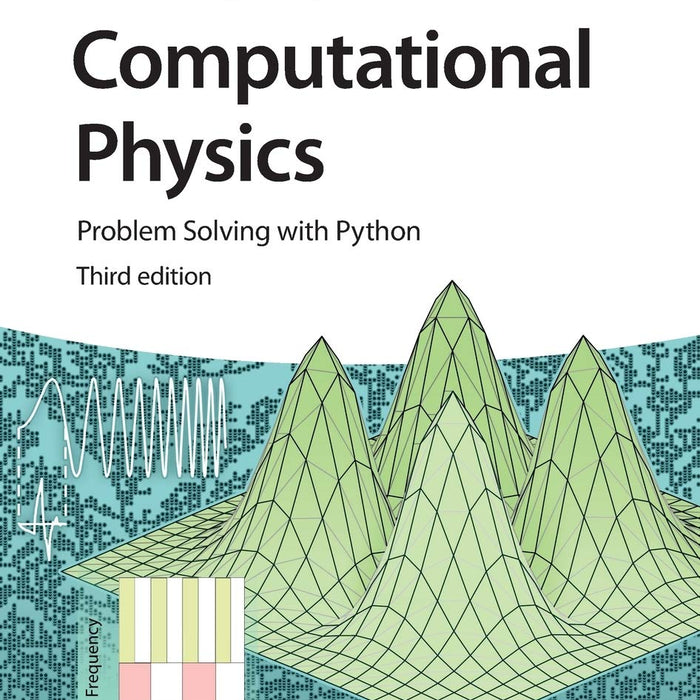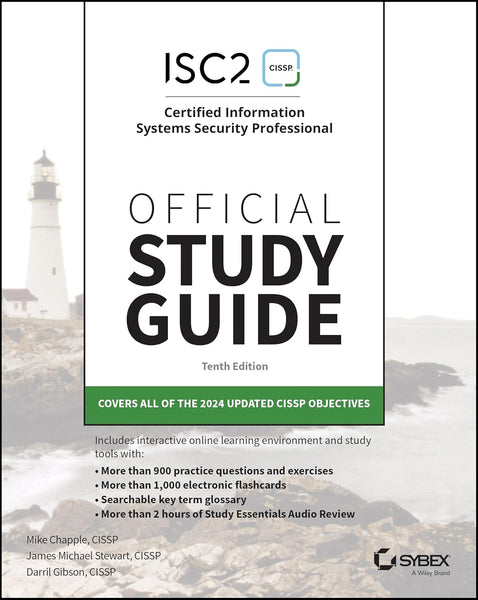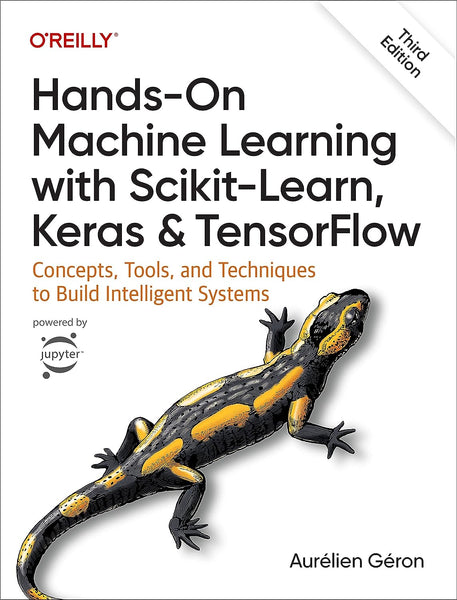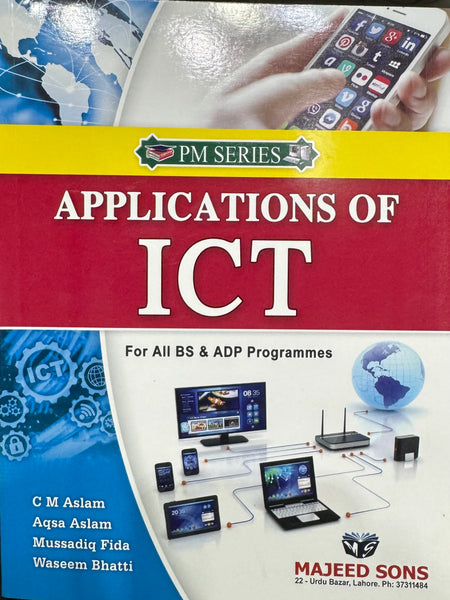Computational Physics Problem Solving With Python 3rd Edition by Rubin H Landau
- Publisher: PHYSICS
- Availability: In Stock
- SKU: 49525
- Number of Pages: 630
Rs.1,240.00
Rs.1,595.00
Tags: Algorithm Development , best books , Best Selling Books , Computational Analysis , Computational Approaches , Computational Challenges , Computational Complexity , Computational Engineering , Computational Experimentation , Computational Laboratories , Computational Mathematics , Computational Methods , computational physics , Computational Physics 3rd Edition , Computational Research , Computational Science , Computational Software , Computational Solutions , Computational Systems , Computational Techniques , Computer Simulations , Cristian C Bordeianu , Data Analysis , good books , Manuel J Páez , Numerical Methods , Physics , Physics Algorithms , Physics Applications , Physics Computation , Physics Modeling , Physics Problems , Physics Programming , Physics Simulations , Physics Software , Problem Solving , Problem Solving With Python , Python for Physics , Python Libraries , Python Programming , Python Solutions , Python Tools , Rubin H. Landau , Scientific Analysis , Scientific Computing , Scientific Programming , Simulation Tools
Computational Physics: Problem Solving with Python (3rd Edition)
Author: Rubin H. Landau
Binding: Paperback
Paper Quality: white paper
Category: Computational Physics, Python Programming, Applied Physics
Recommended For:
-
BS/MS/PhD Physics students
-
Students in computational sciences
-
Engineers and applied mathematicians
-
Anyone interested in scientific problem solving using Python
Key Points:
-
Python-Focused Approach: Uses Python as the primary language, making it accessible for students familiar with programming and enabling effective problem-solving in physics.
-
Comprehensive Coverage of Numerical Methods: Introduces essential computational techniques like numerical integration, differential equations, and matrix operations used in physics research.
-
Application-Oriented: Applies computational techniques to a variety of physical problems, helping readers see real-world applications of physics concepts.
-
Monte Carlo and Simulation Techniques: Includes extensive coverage of Monte Carlo methods and simulations for modeling stochastic processes in physics.
-
Quantum Mechanics and Relativity: Covers advanced topics like quantum mechanics, special relativity, and electrodynamics, making it useful for upper-level physics courses.
-
Data Analysis and Visualization: Teaches data analysis and visualization methods, providing skills to analyze and present scientific data effectively.
-
Extensive Python Code Examples: Offers Python code snippets and examples that illustrate key concepts, aiding in hands-on learning and practice.
-
End-of-Chapter Problems: Includes exercises that encourage students to apply computational methods to solve physics problems independently.
-
Supports Independent Study and Classroom Use: Well-structured for both self-study and as a supplement in computational physics courses, accommodating various learning environments.
-
Emphasis on Problem Solving: Focuses on building strong problem-solving skills in computational physics, equipping students with techniques applicable in both academic and professional settings.
Conclusion:
Computational Physics: Problem Solving with Python, 3rd Edition by Landau, Páez, and Bordeianu is an invaluable resource for anyone interested in applying computational methods to physics. With its focus on Python and practical problem-solving, the book is well-suited for students and researchers seeking to gain hands-on experience in computational physics, from fundamental methods to advanced topics.
════ ⋆★⋆ ═══
Writer ✤
Rubin H Landau (Author), Manuel J Páez (Author), Cristian C Bordeianu (Author)

